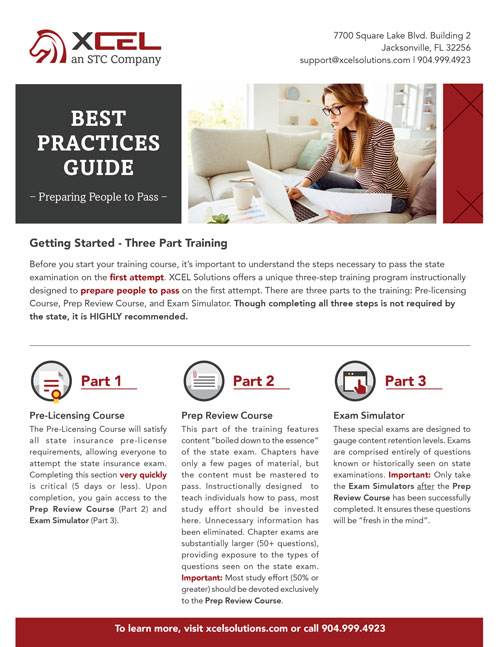When an insurance customer has a claim, it could mean they’ve experienced something traumatic. Like a car accident or a house fire. This customer could be hurting either mentally, physically, or both. The last thing they want to hear is their insurance doesn’t cover what they thought it would.
When this happens, you’ll likely get a call from one of two types of people: those who are angry about it, or those who are hurt and confused by what’s happened. As an insurance agent, you need to learn how to handle both.
The Angry Client
This is the one that might not start off yelling and screaming but you’re sure will get there soon enough. Facts don’t matter when someone is seeing red and won’t listen to reason. Here are a few things you can do.
- Don’t lose your temper. No matter what is said on the other end of the phone or across the desk, you must maintain your professionalism. Remember they are hurting and nothing they say is personal. If you react in kind, the situation will get worse. Of course, if it gets out of hand, with vulgarities or a threat of physical violence, you should calmly call security or ask them to leave.
- De-escalate the situation. While it’s not always possible, you should attempt to calm an angry person down before making your explanations. Empathize with their situation, tell them you understand their frustration, and that you will do everything in your power to help their situation. Be sure not to make promises or assure them that “there must be a mistake” because that might not be the case. The last thing you want to do is mislead them. This will make matters worse if you can’t deliver later.
- Stay calm. This may sound similar to number one above, but there’s more to it than that. You need to offer your explanations in a calm and controlled voice. Once the client is calm, you need to keep them that way.
The Hurt Client
A hurt client is not quite the opposite of the angry one, but they are close. They don’t understand what’s going on, and they don’t necessarily want to. They just want it fixed. Here are a few ways you can help.
- Empathize. Similar to the angry client, you need to make sure the hurt client knows you understand their plight and that you want to help. They need to know that you’ll do what you can to make their problem better.
- Be Clear. If you are dealing with distraught people or someone who doesn’t understand the complexities of the insurance business, you need to explain the issue in terms they can comprehend. Stay away from the jargon and tech-speak and simplify the terms as much as possible without sounding condescending.
No matter what kind of client you are dealing with, you need to keep a few basics in mind.
Know your stuff. Before you make any specific comments or decisions, make sure you get all the facts. If there’s something you don’t know yet, tell the client that. It’s better to call them back after you have done your homework than to say something and find out later the facts don’t support it.
Know the company policy. This is where your insurance education gets put to good use. Be sure you know how much leeway you have and what the company will allow you to do in resolving issues. You can’t promise a claim result if you don’t know what the company policies on the matter are.
Remember, the customer is not always right in these situations but be sure you have the full story when making decisions toward a solution. Do yourself a favor and see how technology can help serve your clients.




